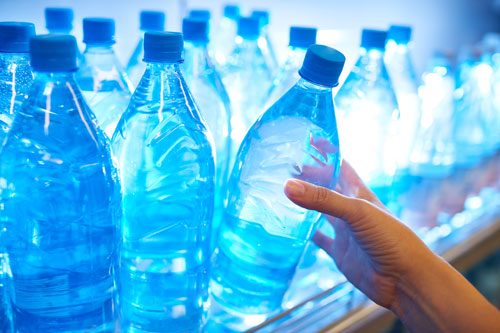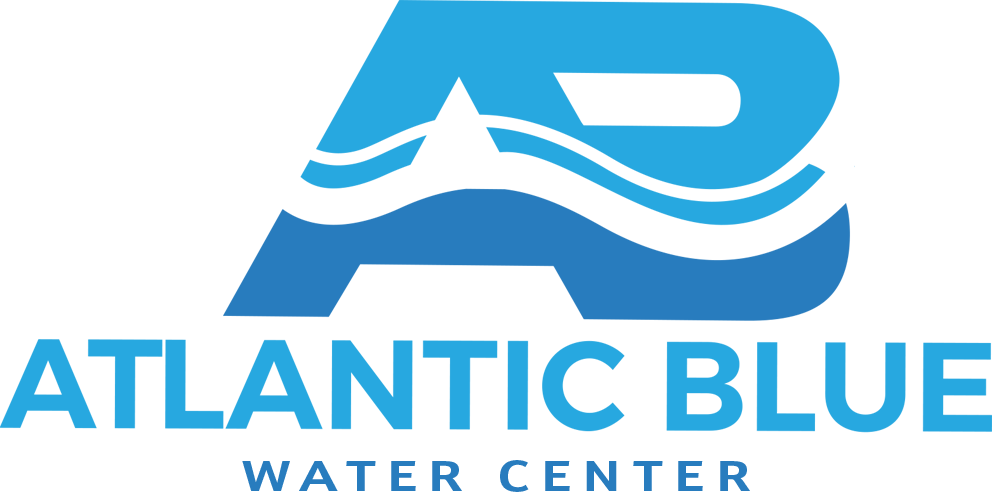As human beings, we all require access to a safe, healthy water supply. However, it can be hard to decide which kind of water is best. There is such a wealth of information available out there that choosing the right water for you and your family may seem like a challenging prospect. Most people tend to make a selection between bottled water and tap water. With that being said, you might have several questions about both of these. Bottle water is usually the most convenient, but is it safe for you and the environment? Drinking tap water is typically considered unsafe to consume, but is that true? Let’s dive in and break down the advantages and disadvantages of each.
Bottled Water
When you’re on the go, bottled water can seem like the easiest option. If you’re away from home and don’t have access to a water bottle of your own, buying a bottle of water may be much more convenient. However, it’s also likely that you’ve heard about the effects of bottled water on the environment and want to know more. Is bottled water the right choice for you?
The Pros
- Convenience. Most people choose bottled water when they don’t have an alternative, or they just consider it easier than learning about filtration systems or taking the time to research substitutes. At first, this can seem more complicated than purchasing bottled water.
- It’s Safer – Or Is It? It’s a common belief that bottled water is purer than tap water, and that’s why Americans purchase so much of it. However, most bottled water companies do not even disclose where their water comes from and it’s much less transparent than public water sources. While some certainly choose bottled water because they believe it is safer, this is actually false.
The Cons
- Yes, It’s Devastating for the Environment. It’s a truth that must be acknowledged. 60 million plastic bottles end up in landfills and incinerators every single day, and over 17 million barrels of oil are needed to make enough plastic bottles to meet the demand in the U.S. 86% of water bottles become litter, and they take over 1,000 years to biodegrade.
- They Can Contain Harmful Micro-plastics. Bottled water isn’t always safe. In a 2018 study of 11 popular bottled water products, 93% were found to contain micro-plastics. Consuming these regularly can result in abysmal health effects such as oxidative stress, inflammation, neurotoxicity and cancer. In addition, many bottled water companies simply bottle tap water for sale. These companies are not required to disinfect their water or test for viruses.
- It’s Expensive. Americans typically spend $9.50 for a gallon of water. Bottled water costs three times the average for a gallon of milk. Most pay this price believing it’s the healthier option, but that’s just not the case.

Tap Water
The Pros
- It’s more regulated. In most cities across the U.S., tap water must be disinfected and tested frequently. While the Food and Drug Administration focuses on the safety of bottled water, the Environmental Protection Agency looks after the quality of tap water. They set legal boundaries regulating over 90 contaminants in drinking water.
- It’s cheaper. The average American water bill is $70.93 per month (and this includes all the water you use to shower!). If most people consume about half a gallon of water a day, that translates to an estimate of $133 a month for the cost of buying 3.5 gallons of bottled water per week. In many public places, tap water is also free of charge and widely available to anyone.
- It’s more environmentally friendly. Drinking tap water means no plastic bottles, and less carbon emissions from bottled water production.
The Cons
- It still contains chemicals. When it comes to tap water, the biggest con is that it can contain hazardous chemicals. Depending on where you live and whether or not your water comes from a private well, the risk of pollutants may be greater. Recently, the Environmental Working Group reported 56 new contaminants found in U.S. tap water over the past two years. These “forever chemicals” are long-lasting in the environment and can cause various types of cancer.
The Bottom Line
Both bottled water and tap water have their advantages and disadvantages, and which you choose may depend on your situation and preference. Ultimately, neither is totally safe. You may be wondering, is there a better option?
At Atlantic Blue Water Center, we transform tap water to make it safer and healthier. Our water goes through a 9-step filtration process (including reverse osmosis to remove difficult contaminants) and a comprehensive test at the end to ensure it is 100% devoid of ALL contaminants. Our fill stations are free to use, and they are environmentally friendly.
Make Sure Your Water Supply Is Safe to Drink with Atlantic Blue Water Center
We provide water treatment and water softening solutions for homeowners that want a cleaner water supply and water that is free from hazardous carcinogens that can contribute to increased cancer risk. We’re also focused on providing additional education on water treatment, water quality, and issues associated with water contaminants. Call us at (410) 751-9200 to schedule your in-home water testing appointment today.
